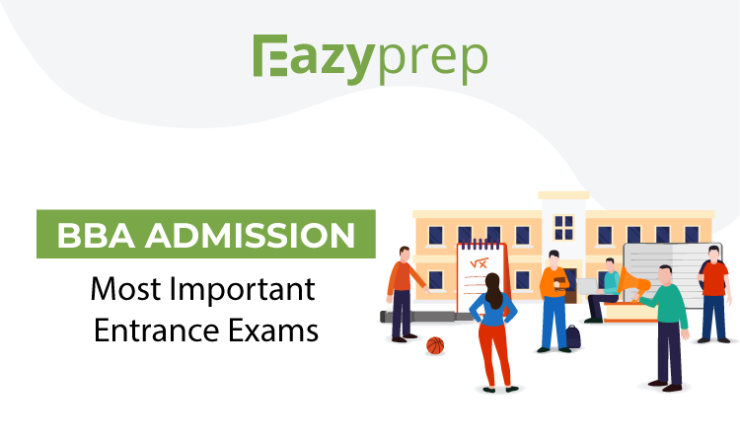![]()
Do you feel sad or upset when you fail to get through an entrance exam? Are you having a hard time accepting your faults and mistakes? Do you struggle a lot after failing and then again coming back to the normal preparation period?
You might not realise it but you are facing a problem of self acceptance.
Self-acceptance means embracing our own self, accepting the good things, and any flaw that we have without feeling any guilt. It relates to the definitions of self like self-esteem, self-compassion, and self-love. Greater self-acceptance leads to better emotional and psychological well being which is important for your overall development.
Accepting the good traits is quite easy but accepting your imperfections is a tad difficult in practice. If you know your weaknesses and shortcomings, it will be easy to be resilient in tough times. And as you already know, things will be more difficult once you enter college. There will be times when you feel low and then this feeling of self-acceptance will let you be positive. Having a positive attitude towards life has a lot to do with self-acceptance, self-love, and self-esteem.
Let us now see how we can practice self acceptance and self love for overcoming the helplessness in times of failure.
1. Acceptance and recognition of the failure
The moment you face any failure, allow yourself to take a whole day of analyzing and assessing yourself. It is important to accept the failed situation and then write down the lessons learned. Also truly recognize what step you took led to the unfulfillment of the goal. You are your biggest critique and no one can introspect better than you yourself. So self-acceptance of the mistake is crucial and the first step in getting out of the rut.
Pro tip
Sit down quietly and assess where you went wrong. You can also bring out a notebook and note down the mistakes that you think went wrong in your case.
2. Chalking out a new planning and execution strategy
Once you are well aware of your shortcomings, leave no stone unturned to jump right into a planning and execution mode. If you know why you failed, you will be able to embrace yourself and start the journey of self-improvement. Similarly, if you know that you failed to get through an entrance because you lacked practice in quantitative aptitude, you can make a proper timetable with 3 hours of practicing quantitative aptitude. This way you will surely overcome the failure in the next exam.
This way, prepare an entire planning and execution strategy of any failure. Reevaluate everything and then start afresh. Always remember it is okay to fail but not okay to make the same mistakes and fail again.
Pro tip
During these times, make sure to write new goals and new habits and start a new journey altogether. Start a new vision board or maybe a new journal to make this journey efficient and fun.
3. Positive self talk
Self-acceptance is important but self-love and compassion are equally essential. So you have accepted your flaws and made an action plan. But you still loathe for the things you did. This will instantly put you in a bad mood. Remember each one of us has certain traits we are not proud of. Do not be ashamed or guilty of yourself. Take the failure in a constructive manner. Have self-love for yourself. Also apart from your own mistakes, there are other factors that are not under your control that may have led to the failure. Accept those as well and keep a positive mindset. Let go of any judgements and focus on the positive side of the failure. For example, instead of thinking that your procrastination led to failure, accept that it is normal to procrastinate, search on how to deal with it, and start your next preparations with less procrastination.
Pro tip
Have positive affirmations written on your vision board or write it on sticky notes and paste them on the mirror. They will help you in achieving a positive mindset.
4. Building a self-development routine
Self-acceptance, self-love, self-esteem are all important for your self-improvement and self-development. Some of the things that you can incorporate in your daily routine to build a self-development process are as follows.
- Start your day with a positive mindset. You can meditate on topics related to a positive mindset, self-love, and well-being.
- Have a journal where you can write your gratitude for the day. Write down your strengths and any compliments that you get.
- Give yourself self-praise for all the tough things that you do. Reward yourself often.
- Do things that are great for your personality like helping others, volunteering, exercise, and playing a sport, or doing a hobby.
- At the start of each month, while planning, make an intention for the month and practice it. For example, if you are impatient, have the intention of being patient.
- Have an open and positive mindset to new changes. Adapt to and adopt new changes.
Failures are bound to happen. But what matters most is staying resilient and bouncing back on track. Follow these steps to have a positive attitude and practice self-awareness.


